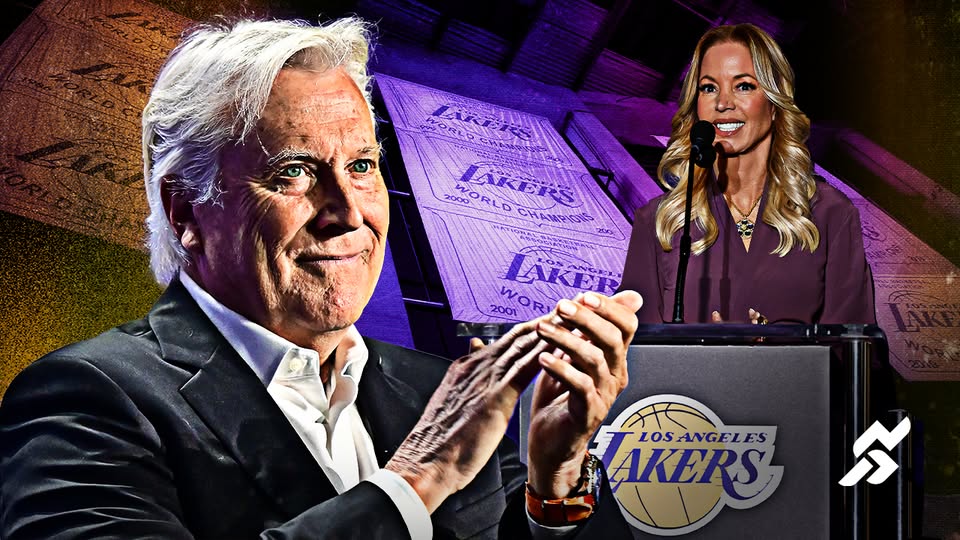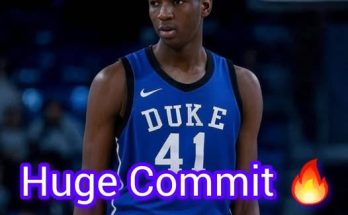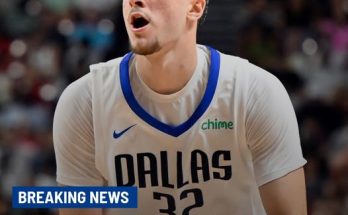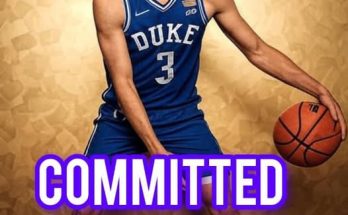In a seismic shift that will forever alter the landscape of professional sports ownership, Los Angeles Dodgers owner Mark Walter is on the verge of acquiring the Los Angeles Lakers for a staggering $10 billion, marking the end of the Buss family’s iconic 50-year reign over one of the NBA’s most storied franchises. The deal, which is expected to be finalized in the coming weeks, represents not only the largest transaction in NBA history but also a monumental moment for the league, the city of Los Angeles, and the global sports industry.
The Lakers, under the stewardship of the Buss family since 1979, have become synonymous with excellence, glamour, and championship pedigree. Dr. Jerry Buss, the visionary patriarch who purchased the team for $67.5 million, transformed the franchise into a global brand, overseeing 10 NBA championships during his tenure. His children, most notably Jeanie Buss, carried on his legacy, ensuring the Lakers remained at the forefront of basketball culture. However, with mounting financial pressures, evolving league dynamics, and the increasing valuation of sports franchises, the family has decided to part ways with their crown jewel, paving the way for Walter’s historic takeover.
Mark Walter, the billionaire financier and CEO of Guggenheim Partners, is no stranger to high-profile sports acquisitions. Since purchasing the Dodgers in 2012 for $2.15 billion, Walter has overseen a golden era for the franchise, investing heavily in both the team and its infrastructure. Under his ownership, the Dodgers have become a perennial powerhouse, winning multiple National League pennants and a World Series in 2020. His deep pockets, business acumen, and commitment to winning have made him one of the most respected figures in sports ownership. Now, with the Lakers in his portfolio, Walter is poised to become the most influential sports magnate in Los Angeles—and perhaps all of professional sports.
The $10 billion price tag for the Lakers is a testament to the franchise’s unparalleled value. While the sum is eye-popping, it reflects the Lakers’ unique position as a global brand with a massive fanbase, lucrative media deals, and a star-driven identity. The NBA’s soaring popularity, particularly in international markets, has driven franchise valuations to unprecedented heights. Recent sales, such as Mat Ishbia’s $4 billion purchase of the Phoenix Suns in 2023, have set new benchmarks, but Walter’s acquisition of the Lakers shatters all previous records. The deal includes not only the team but also a significant stake in the Crypto.com Arena, further solidifying Walter’s control over Los Angeles’ sports ecosystem.
For the Buss family, the decision to sell was undoubtedly bittersweet. Jeanie Buss, who took over as controlling owner in 2017 following a protracted family feud, has been a trailblazer as one of the few female majority owners in professional sports. Under her leadership, the Lakers returned to championship glory in 2020, led by LeBron James and Anthony Davis. However, the financial realities of modern sports ownership—escalating player salaries, luxury tax penalties, and the need for state-of-the-art facilities—have made it increasingly difficult for family-owned franchises to compete with billionaire-backed conglomerates. While the Buss family will retain a minority stake in the team, their era of control has effectively come to an end.
The implications of this sale extend far beyond the balance sheet. For the Lakers, Walter’s ownership promises a new era of financial flexibility and strategic ambition. His track record with the Dodgers suggests that he will spare no expense in pursuit of championships, whether through high-profile player acquisitions, cutting-edge training facilities, or innovative business ventures. Additionally, his connections within the entertainment industry—Guggenheim Partners has ties to Hollywood power players—could further elevate the Lakers’ brand on a global scale.
For the NBA, the sale underscores the league’s explosive growth and the increasing convergence of sports, entertainment, and finance. Commissioner Adam Silver has long championed the NBA as a global entertainment powerhouse, and the $10 billion valuation of the Lakers reaffirms that vision. It also sets a new precedent for future franchise sales, with teams like the Boston Celtics, New York Knicks, and Golden State Warriors likely to see their valuations soar in response.
For Los Angeles, the deal cements the city’s status as the epicenter of sports and entertainment. With Walter now controlling both the Dodgers and the Lakers, the potential for cross-promotion, shared resources, and collaborative ventures is immense. Fans could see integrated ticketing systems, joint sponsorship deals, or even combined events that leverage the star power of both franchises.
Of course, the transition will not be without its challenges. Lakers fans, deeply loyal to the Buss family, may initially resist the change in ownership. Walter will need to demonstrate his commitment to the team’s legacy while also forging his own path. Additionally, the pressure to deliver immediate results will be immense. The Lakers, despite their illustrious history, have struggled with inconsistency in recent years. Walter’s ability to stabilize the franchise and restore its championship pedigree will be under intense scrutiny.
As the sports world processes this historic transaction, one thing is certain: the Lakers’ next chapter will be written under the guidance of a man who has already proven his ability to transform a franchise. Mark Walter’s acquisition of the team is more than just a business deal—it’s the dawn of a new era for one of the most iconic brands in sports. The Buss family’s legacy will endure, but the future of the Lakers now rests in the hands of a visionary owner with the resources and ambition to take the franchise to even greater heights.
In the end, the $10 billion sale is not just about money—it’s about the enduring power of the Lakers’ brand, the relentless growth of the NBA, and the unyielding allure of sports ownership at the highest level. The game has changed, and Mark Walter is leading the charge.



